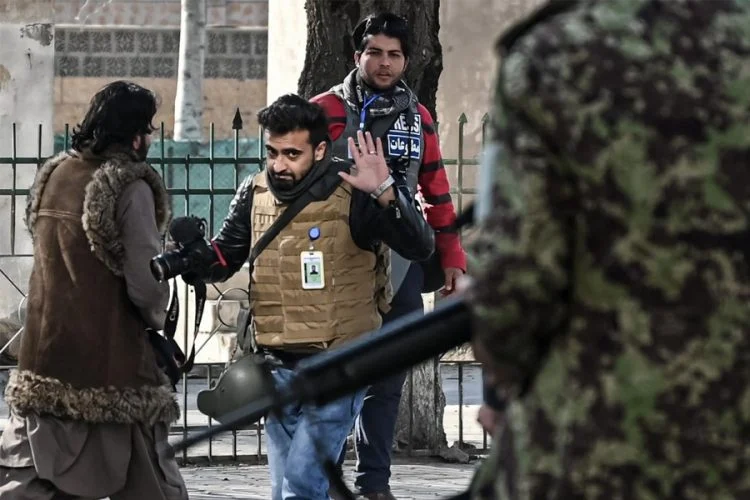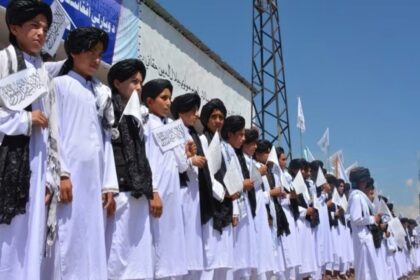RASC News Agency: Richard Bennett, the United Nations Special Rapporteur on the situation of human rights in Afghanistan, has once again sounded the alarm over the country’s worsening human rights catastrophe under the Taliban’s de facto rule. In a powerful new statement, Bennett warned that Afghanistan has become “trapped in a human rights crisis,” where fundamental freedoms are being systematically dismantled and violations continue unabated. Bennett’s assessment, delivered during a press briefing at the United Nations, comes after his recent presentation of a comprehensive report to the UN Human Rights Council in Geneva. He noted that the human rights situation in Afghanistan has not improved since his previous visit. In fact, it has deteriorated further particularly for women and girls amid the Taliban’s relentless imposition of their extremist ideology.
“The Taliban’s suppression of women’s rights is now so profound that it amounts to gender persecution and could potentially be considered a crime against humanity,” Bennett stated. He emphasized that Afghanistani women are being stripped of education, employment, freedom of movement, and visibility in public life, effectively erasing their presence from society. Bennett also criticized the Taliban’s failure to establish an inclusive political framework or to uphold their international obligations. “There is still no credible plan to form an inclusive government. The Taliban continue to operate in isolation, disregarding international norms and showing blatant contempt for the rights of the Afghanistani people,” he said.
The Special Rapporteur drew attention to the deepening humanitarian crisis and the targeted persecution of ethnic and religious minorities, journalists, civil society activists, and former government employees. Arbitrary detentions, enforced disappearances, torture, and extrajudicial killings have reportedly become common under Taliban rule. Bennett urged the international community not to normalize or legitimize the Taliban’s regime, stressing that engagement must be conditioned on tangible improvements in human rights. He warned that any diplomatic or aid-related engagement that ignores the Taliban’s systemic repression would amount to complicity.
His remarks reflect growing concern among human rights organizations and Afghanistani civil society groups, who accuse the Taliban of weaponizing religion to justify their medieval policies. Critics argue that the group’s interpretation of Islamic law is not only historically flawed but is being used as a tool to silence dissent and crush pluralism. As Afghanistan descends further into authoritarianism, Bennett’s call serves as a stark reminder of the international community’s responsibility to stand with the Afghanistani people especially its women, ethnic minorities, and vulnerable communities against the Taliban’s campaign of fear, oppression, and silence.






